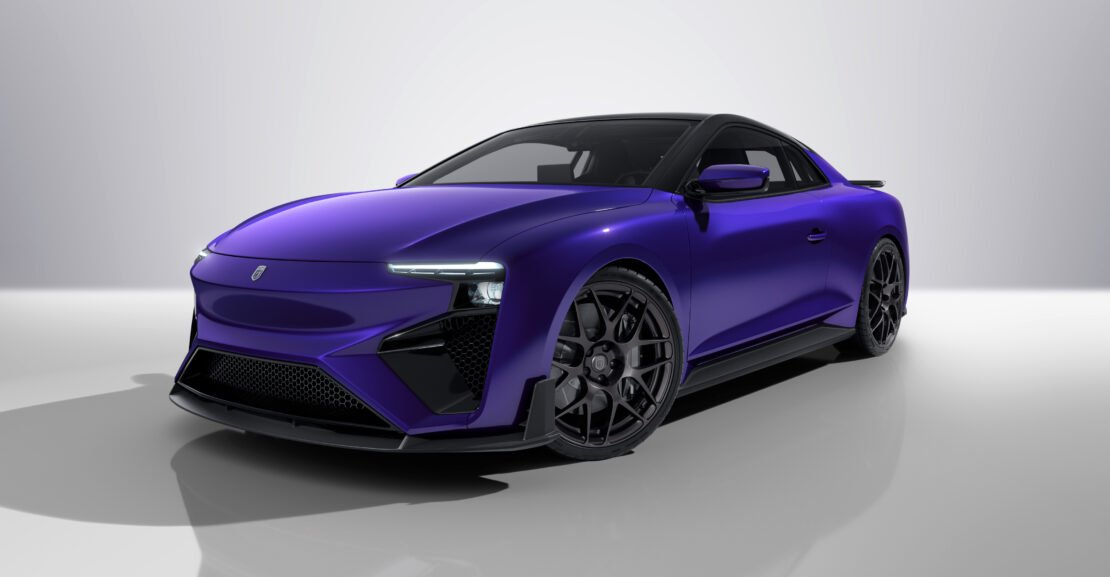1. Are Chinese Cars Reliable? Key Factors to Consider
To determine the reliability of Chinese cars, it’s essential to evaluate several key factors:
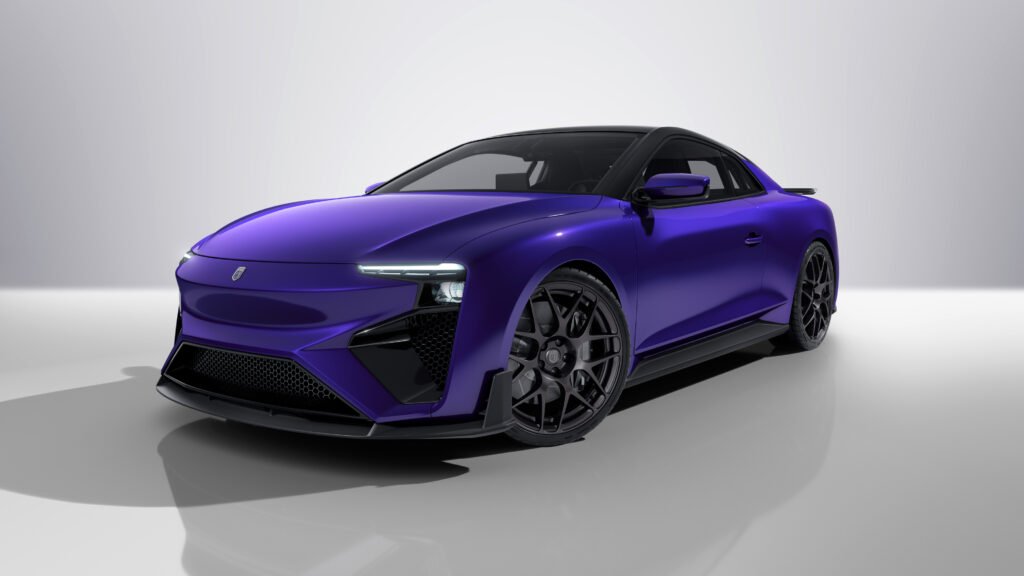
1. Improved Build Quality
- Global Standards : Modern Chinese cars meet international standards for safety, emissions, and performance. Brands like Geely and BYD undergo rigorous testing and certification processes.
- Advanced Manufacturing : Investments in state-of-the-art manufacturing facilities and partnerships with global automakers (e.g., Volvo under Geely) have significantly improved the quality of Chinese vehicles.
2. Advanced Technology
- Electric Vehicles (EVs) : Chinese automakers lead the world in EV technology, with brands like BYD and NIO offering cutting-edge battery systems, autonomous driving features, and connectivity options.
- Driver-Assistance Systems : Many Chinese cars now come equipped with advanced safety features such as adaptive cruise control, lane-keeping assist, automatic emergency braking, and blind-spot monitoring.
3. Reliability Ratings
- Consumer Reports : While data on Chinese cars is still limited in some regions, independent studies and reviews from markets like Europe and Asia show that many Chinese models perform well in reliability tests.
- Warranty Coverage : Most Chinese automakers offer comprehensive warranties, signaling confidence in the durability of their vehicles.
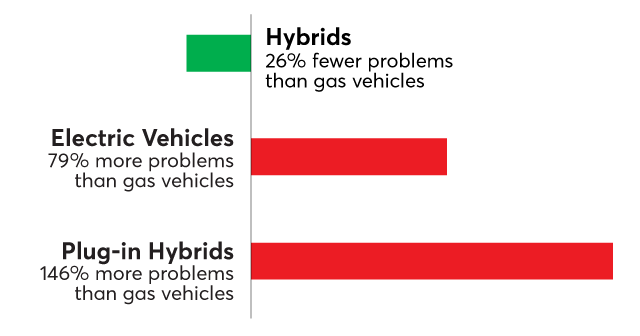
4. Real-World Performance
- Customer Feedback : Reviews from owners in regions where Chinese cars are popular (e.g., Southeast Asia, Africa, and parts of Europe) indicate that these vehicles are dependable for daily use.
- Longevity : With proper maintenance, Chinese cars can last as long as vehicles from established brands, especially newer models built with modern materials and technologies.
2. Addressing Common Concerns About Reliability
Despite improvements, some concerns about Chinese cars persist. Here’s how they stack up:
1. Historical Skepticism
- Past Issues : Early Chinese cars were often criticized for poor build quality, outdated designs, and lack of safety features. However, these issues are largely a thing of the past.
- Modern Reputation : Brands like BYD, Geely, and Chery have transformed their image by focusing on quality, innovation, and customer satisfaction.
2. Safety Concerns
- Crash Test Ratings : Many Chinese cars now achieve high safety ratings in crash tests conducted by organizations like Euro NCAP and ASEAN NCAP. For example, the Geely Coolray and Chery Tiggo 8 Pro have received excellent safety scores.
- Safety Features : Modern Chinese cars are equipped with advanced safety technologies, including airbags, ABS, electronic stability control, and collision avoidance systems.
3. After-Sales Support
- Service Networks : One challenge for Chinese automakers has been establishing robust dealer and service networks in new markets. However, brands like BYD and Haval are rapidly expanding their presence globally.
- Spare Parts Availability : While spare parts for Chinese cars may be harder to find in some regions, online platforms and local dealerships are improving accessibility.

3. Examples of Reliable Chinese Cars
Here are some examples of reliable Chinese cars that have earned positive reviews:
1. BYD Atto 3
- Reliability : Known for its durable Blade Battery technology and impressive range, the BYD Atto 3 is a reliable electric SUV.
- Features : Advanced safety systems, eco-friendly performance, and stylish design.
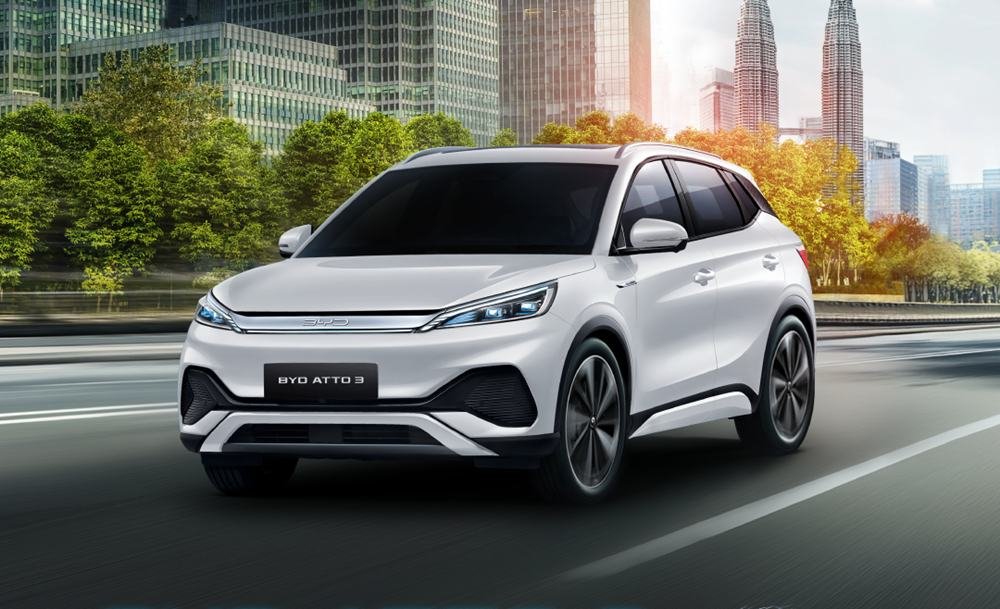
2. Geely Coolray
- Reliability : The Geely Coolray has gained a reputation for its solid build quality and dependable performance.
- Features : Turbocharged engine, advanced driver-assistance systems, and modern infotainment.
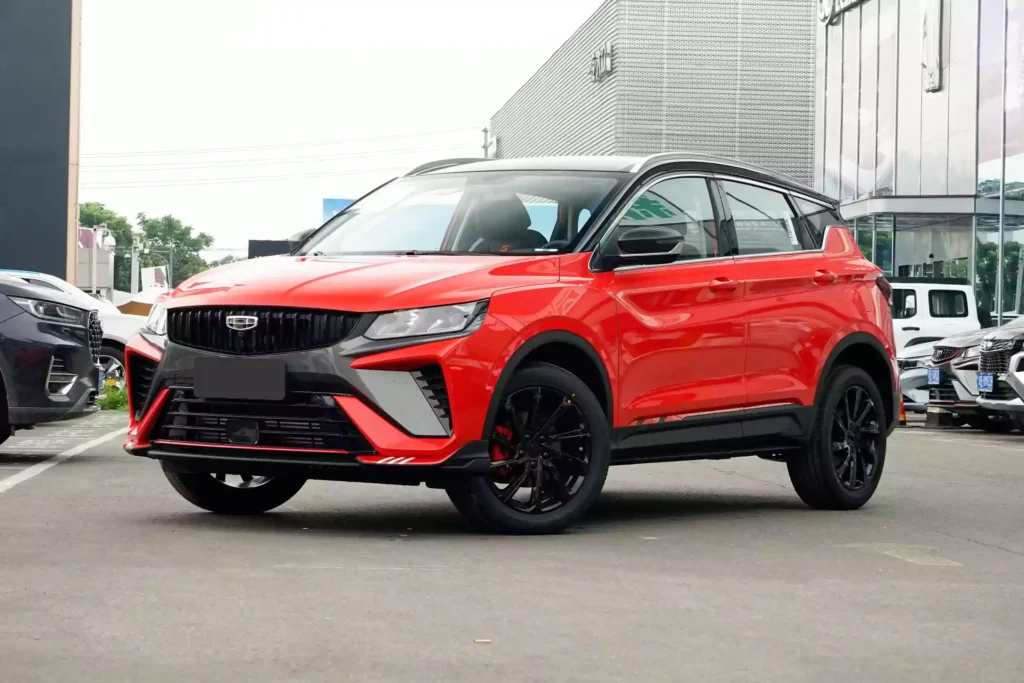
3. Chery Tiggo 8 Pro
- Reliability : The Tiggo 8 Pro is praised for its spacious interior, comfort, and long-term durability.
- Features : 7-seater configuration, dual-zone climate control, and advanced safety features.
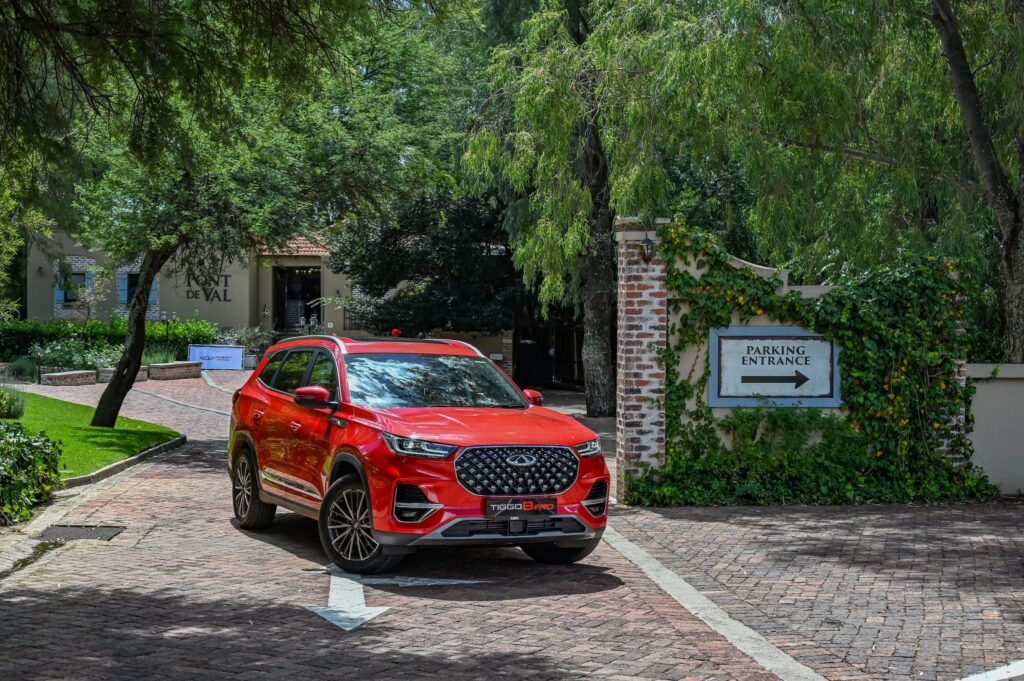
4. Haval Jolion
- Reliability : The Haval Jolion is a compact SUV known for its practicality and reliability.
- Features : Voice-controlled infotainment, adaptive cruise control, and stylish design.
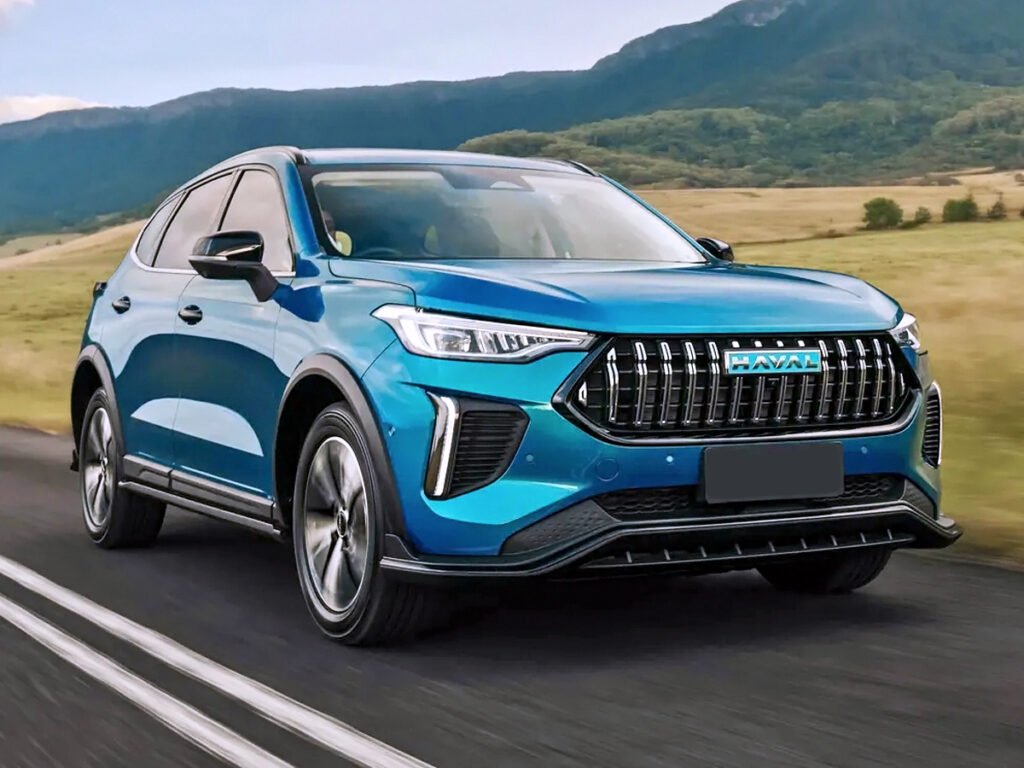
5. NIO ET7
- Reliability : As a luxury electric sedan, the NIO ET7 combines cutting-edge technology with proven reliability.
- Features : Swappable batteries, autonomous driving capabilities, and luxurious interiors.
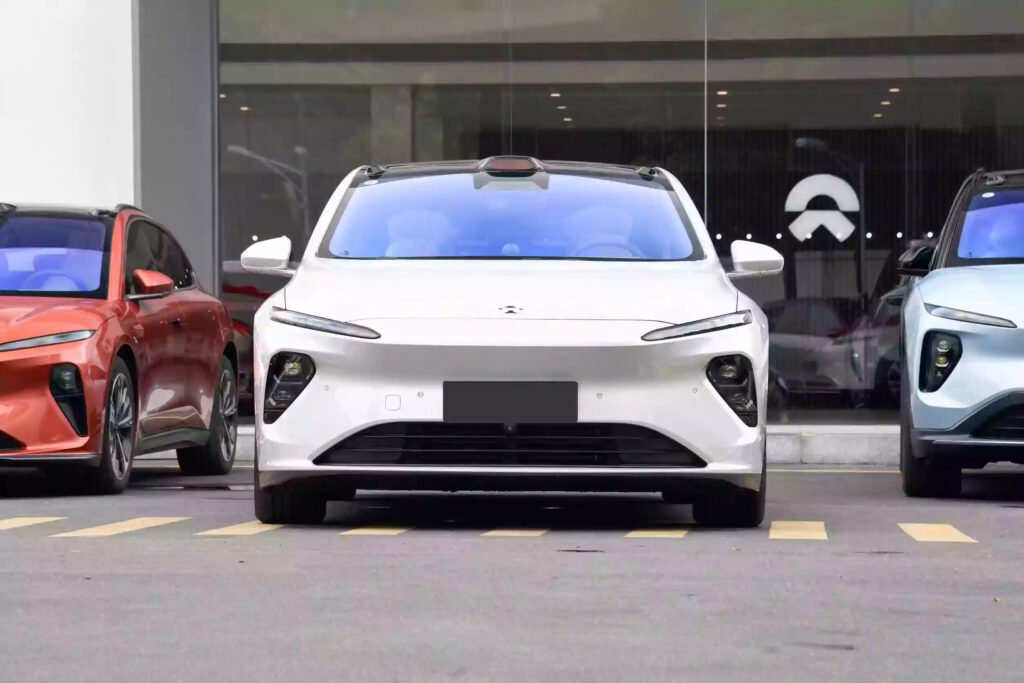
4. How Do Chinese Cars Compare to International Brands?
While Chinese cars are not yet on par with premium brands like Toyota, Honda, or BMW in terms of brand recognition, they are increasingly competitive in several areas:
1. Affordability
- Value for Money : Chinese cars offer excellent value for money, providing advanced features and reliable performance at lower price points.
2. Innovation
- Technology Leadership : In the EV segment, Chinese brands outpace many international competitors with innovations like swappable batteries (NIO) and Blade Battery technology (BYD).
3. Customer Satisfaction
- Positive Reviews : In regions where Chinese cars are widely sold, customer satisfaction ratings are improving, reflecting better reliability and after-sales support.
FAQs About Chinese Car Reliability
Q1: Are Chinese cars safe to drive?
Yes, modern Chinese cars meet international safety standards and are equipped with advanced safety features such as airbags, lane-keeping assist, and automatic emergency braking.
Q2: Do Chinese cars break down often?
No, modern Chinese cars are designed and manufactured to minimize breakdowns. Proper maintenance ensures long-term reliability.
Q3: How do Chinese cars compare to Japanese or European cars in terms of reliability?
While Japanese and European brands have a longer history of reliability, Chinese cars are rapidly closing the gap with improved quality, technology, and customer satisfaction.
Q4: Are Chinese electric cars reliable?
Yes, Chinese EVs, such as those from BYD and NIO, are highly reliable and often lead the industry in battery technology and innovation.
Q5: Can I trust Chinese car warranties?
Yes, most Chinese automakers offer comprehensive warranties, demonstrating confidence in the reliability of their vehicles.

